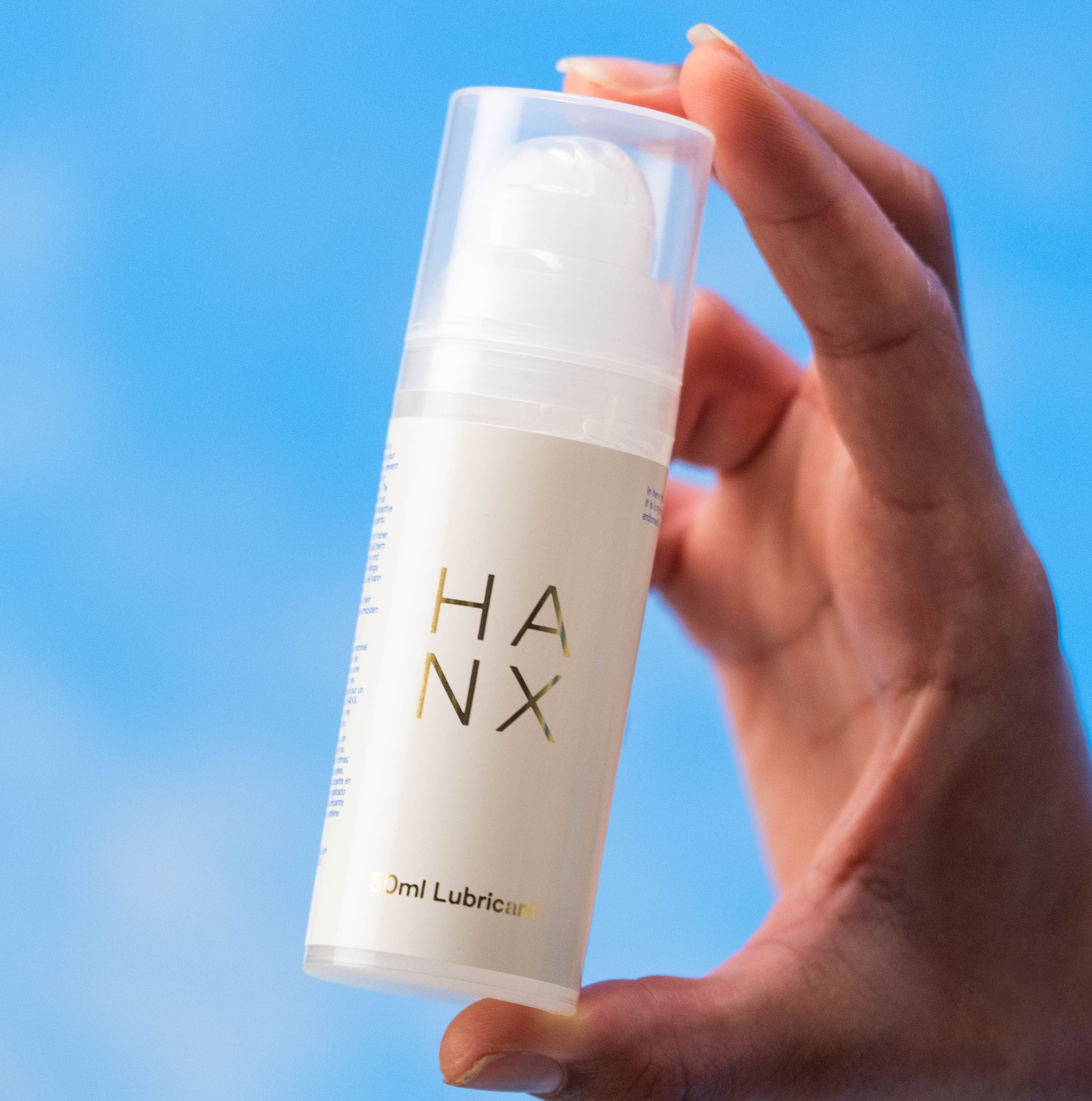Can Condoms Cause UTIs?
Ever found yourself struggling with UTIs and other uncomfortable vaginal issues after sex? You’re not alone - and if you use condoms, you might be wondering if that’s what’s causing it. In short, they might be, but it depends what type you use - we spoke to Dr. Sarah Welsh, HANX Co-Founder, for more detail.
What causes UTIs?
UTIs are caused by bacteria entering the urinary tract, and can be caused by a variety of reasons - and no, it doesn’t mean you’re dirty or unclean. Sex can be a trigger for UTIs for vagina-owners, so make sure you pee after sex (even if you use a condom!). Weak immune systems, pregnancy and dehydration can be other causes of UTIs, so staying hydrated and keeping as fresh and clean as possible.
Why are chemicals in condoms bad for us?
Whilst some of the buzz names brands give to condoms for additional effects can be tempting (long-lasting, anyone?), often this means they have chemicals in them that disrupt the vaginal microbiome. The vaginal epithelium is highly water permeable in a way our skin is not, meaning this membrane is very absorbent, and even chemicals placed in the vagina can be absorbed without being metabolised.
Did you know, it’s estimated that less than 1% of the population has a latex allergy, and often people mistake negative reactions from the chemicals within condoms for a latex allergy?
What chemicals in condoms can cause infections?
-
Glycerin
Lots of condoms have glycerin added to them as a form of lubricant, and whilst it isn’t harmful, when it stays in the vagina for too long it can change into sugar. This upsets the delicate chemical balance of the vagina and can feed yeast that can trigger thrush. Often, you would have no idea that this has been added to a condom, and it might be why you are getting thrush more regularly than you’d like. This is why HANX Condoms have been created with no unnecessary chemicals (and absolutely no glycerin). We’ve also made sure our Lubricant is glycerin free, as many brands contain this to some extent.
-
Spermicides
Condoms often contain spermicide in order to kill any sperm that enters the condom. However, this chemical can damage more than just some wriggly escapees - Nonoxynol, the most commonly found spermicide, can also make vagina owners more susceptible to future STIs as it harms healthy cells in the vaginal wall. This increases overall risks of infection for other conditions, such as UTIs.
A study published in the medical journal The Lancet found that ‘the risk of developing a UTI among women exposed to coated condoms more than once a week was three times higher than among women not using condoms’ - so, if you’re prone, make sure your condoms are free from harmful chemicals (hint, HANX, hint).
-
Benzocaine
Remember those ‘long-lasting’ condoms we mentioned earlier that shout from the shelves? These often contain benzocaine, which can reduce sensitivity, but that’s not all it does. Benzocaine is an endocrine disruptor, which means it can disrupt hormone messaging. This can mess with some hormonal-based functions, such as libido and sleep - plus, the more you use it, the more significant the impact.
In summary
There are lots of different causes and reasons why you might be getting UTIs, but many condoms still aren’t designed with delicate vaginal tissue in mind. If you’ve tried everything else and are still encountering persistent UTIs, why not try HANX? Our Condoms are designed by a gynaecology doctor (Sarah, our co-founder), and we’ve just made our ingredients list simpler than ever.
Want more?
- Shop our gentle, top-rated Condoms.
- Suffering from UTIs? Cystitis relief products can help relieve symptoms.
- Read more about intimate health at our blog, Naked Truths.






















